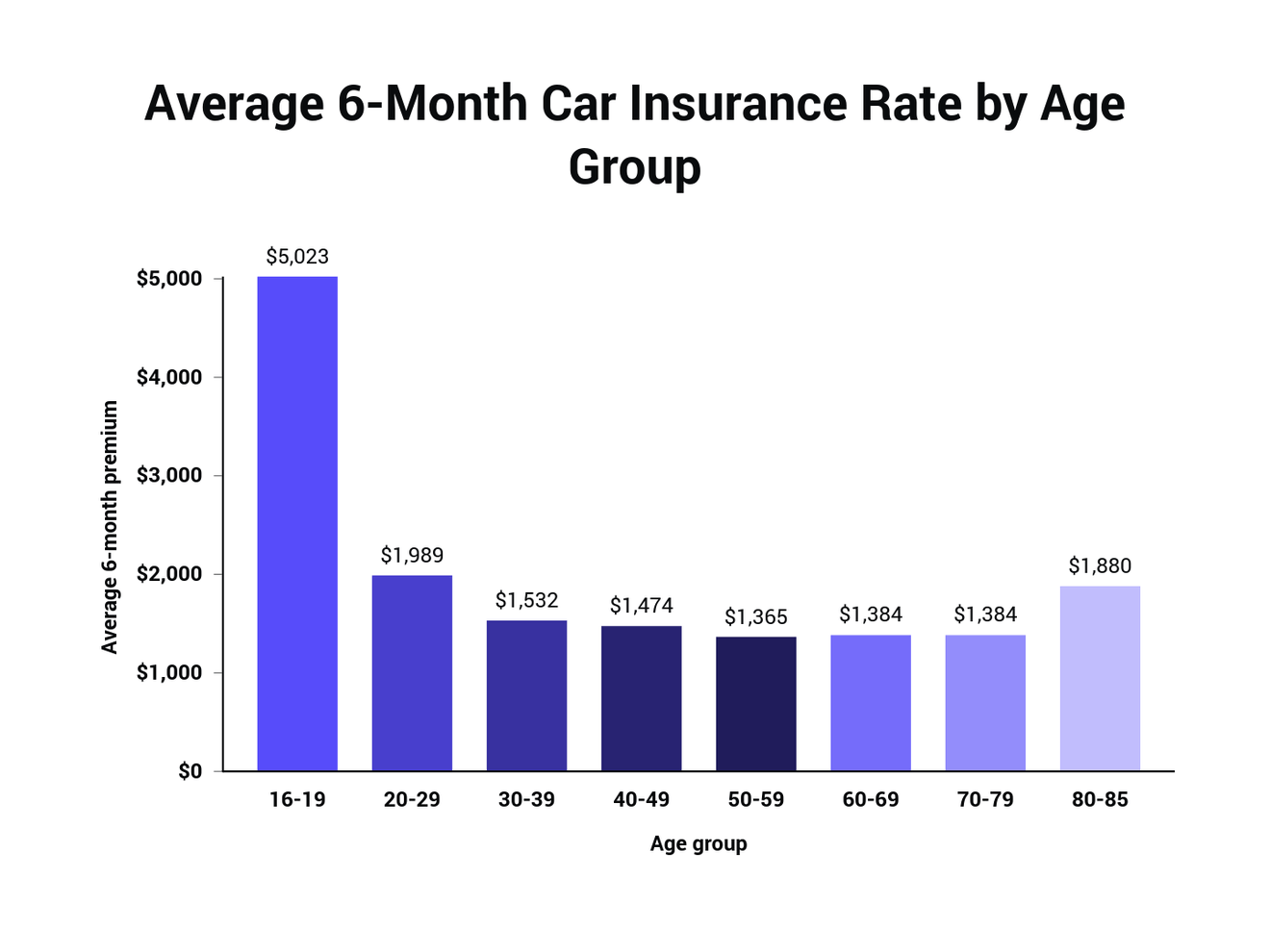When you’ve been involved in a car accident, navigating the aftermath can be overwhelming. Amidst the chaos of medical bills, repairs, and negotiations with insurance companies, the question of whether your settlement or payout is taxable can add an extra layer of confusion. Fear not, as we’ll clarify the taxation rules surrounding car insurance payouts, ensuring you’re well-informed and prepared for the road ahead.
Understanding Personal Injury Settlements
In New York, personal injury settlements, including those related to car accidents, are generally not subject to taxation. This rule applies to both economic and non-economic damages you may receive as compensation for your losses and suffering.
Economic damages cover tangible financial losses, such as:
- Medical expenses
- Lost wages
- Property damage
- Future medical treatment costs
- Reduced earning capacity
Non-economic damages, on the other hand, compensate for intangible losses, such as:
- Pain and suffering
- Emotional distress
- Loss of enjoyment of life
- Scarring or disfigurement
Regardless of whether the compensation is for economic or non-economic damages, as long as it stems from a physical injury sustained in the car accident, it is typically exempt from taxation.
Exceptions to the Rule
While the general principle is that car insurance payouts for personal injury claims are not taxable, there are a few exceptions to be aware of:
-
Previous Medical Expense Deductions: If you had previously deducted medical expenses related to the car accident from your taxes, and then received a settlement covering those same expenses, the portion of the settlement corresponding to the deducted expenses would be considered taxable income.
-
Interest on Settlements: If your case went to trial and the court awarded interest on the settlement amount for the time the case was pending, that interest portion would be subject to taxation as interest income.
-
Punitive Damages: In rare cases where punitive damages are awarded as part of a car accident settlement, these amounts are considered taxable income. Punitive damages are designed to punish the negligent party for egregious behavior and are separate from compensatory damages for your injuries.
Consulting Tax Professionals
While the general rules surrounding the taxation of car insurance payouts are straightforward, it’s always advisable to consult with a qualified tax professional. They can assess your specific situation and provide guidance on any potential tax implications, ensuring you remain compliant with all applicable laws and regulations.
Tax advisors can also help you navigate any complex scenarios that may arise, such as deductions for legal fees or structuring settlements to minimize tax liabilities.
Conclusion
As you navigate the aftermath of a car accident, understanding the taxation rules surrounding your insurance payout can provide peace of mind and help you plan accordingly. In New York, personal injury settlements, including those from car insurance claims, are generally not taxable, with a few exceptions related to previous deductions, interest awards, and punitive damages.
Remember, consulting with a tax professional is always recommended to ensure you’re making informed decisions and staying compliant with tax laws. With the right guidance, you can focus on your recovery and move forward with confidence.
Can You Claim Your Car Insurance on Your Taxes?
FAQ
Are insurance settlements considered income?
Does the IRS tax car accident settlements?
Do insurance payments count as income?
Are settlements taxed in NY?

